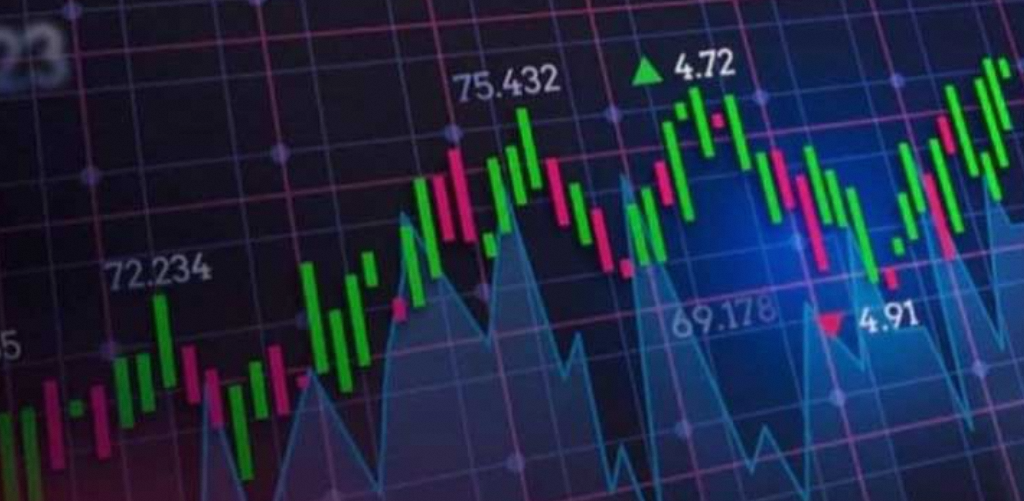
Oil Prices Rally, Stocks Slide as Traders Track Israel-Iran Crisis
Global financial markets have been rocked by the escalating crisis between Israel and Iran, triggering a sharp rally in oil prices and a simultaneous slide in global stock indices. The ongoing geopolitical tensions in the Middle East have raised alarm among investors, prompting a shift towards safer assets and commodities. This development underscores how international conflicts can instantly ripple across financial systems, impacting everything from energy costs to investor sentiment.
Oil Prices Surge Amid Conflict Fears
Oil prices have seen a notable surge as traders fear potential disruptions to global supply chains in the event of an expanded regional conflict. Brent crude, the global oil benchmark, and West Texas Intermediate (WTI) both climbed significantly, with prices hitting multi-month highs.
The Middle East is a vital artery for global oil production and transportation, particularly through key routes like the Strait of Hormuz. Any threat to the stability of this region increases the risk premium on crude oil. The market reaction has been swift, with oil futures surging as concerns mount over reduced exports or deliberate sabotage of infrastructure in the event of further escalation.
Investors are closely monitoring both military developments and diplomatic signals. Even the possibility of retaliatory actions or blockades has been enough to inject volatility into the market. Energy analysts suggest that if the conflict intensifies or spills into neighboring countries, oil prices could climb further, affecting fuel costs and inflation globally.
Stock Markets Under Pressure
While oil markets have rallied, global stock exchanges have moved in the opposite direction. Key indices in the United States, Europe, and Asia experienced notable declines as traders rushed to reduce exposure to riskier assets. The heightened uncertainty surrounding the Israel-Iran conflict has made equities less attractive, particularly in sectors that are sensitive to energy costs and geopolitical instability.
Technology and travel-related stocks have taken some of the hardest hits, reflecting concerns over potential disruptions to business operations and consumer demand. Financial stocks have also weakened, as the crisis has increased volatility and raised the risk of a broader market downturn.
Investors are reacting not just to the immediate events, but to the potential for a drawn-out conflict that could destabilize the wider region. With oil prices rising and inflation fears returning, the pressure on central banks could also intensify, further complicating the economic outlook.
Safe-Haven Assets Gain Ground
As stock markets decline, there has been a noticeable shift toward traditional safe-haven assets. Gold prices have climbed, reflecting increased demand from investors seeking security amid geopolitical uncertainty. Similarly, the US dollar and government bonds have seen inflows, with yields adjusting as market participants reevaluate their risk profiles.
This flight to safety is a typical market response during times of international tension. Gold, in particular, has long been viewed as a hedge against instability, and its recent upward trend highlights the level of concern among global investors. Currency markets are also experiencing fluctuations, with emerging market currencies under pressure due to potential capital outflows and reduced investor confidence.
Impact on Regional Economies
The crisis between Israel and Iran has implications not only for global markets but also for regional economies. Countries that rely heavily on oil imports may face increased economic strain due to rising energy prices. Conversely, oil-exporting nations could benefit from higher revenues, at least in the short term.
Middle Eastern markets have reacted with volatility, with stock indices in Gulf countries experiencing mixed performance. While some investors anticipate gains from elevated oil prices, others remain wary of the broader risks associated with a potential regional conflict.
Energy-dependent economies across Asia and Europe are closely watching the developments, as prolonged instability could affect industrial output, transportation costs, and consumer prices. Policymakers in these regions are expected to review contingency plans and reassess energy reserves in anticipation of further price shocks.
Market Outlook Remains Uncertain
With no immediate resolution in sight and the potential for further military or political escalation, financial markets are likely to remain volatile. Traders and analysts continue to track news from the region closely, recognizing that any significant developments could have far-reaching consequences for oil supply, investor confidence, and global economic stability.







